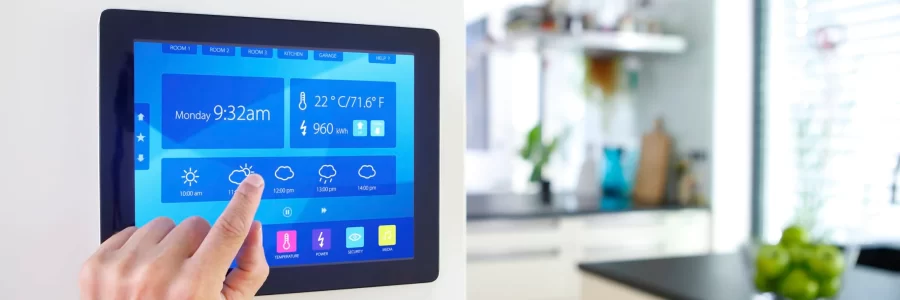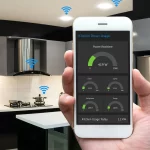- Introduction to Home Automation
- The Benefits of Home Automation
- Components of a Smart Home
- The Internet of Things (IoT) and Home Automation
- Voice Control and Artificial Intelligence in Home Automation
- Future Trends in Home Automation
- Challenges and Considerations in Home Automation
- The Impact of Home Automation on Daily Life
- Smart Home Design and Aesthetics
- Embracing the Future: Preparing for Smart Homes
Discover the Future of Home Automation
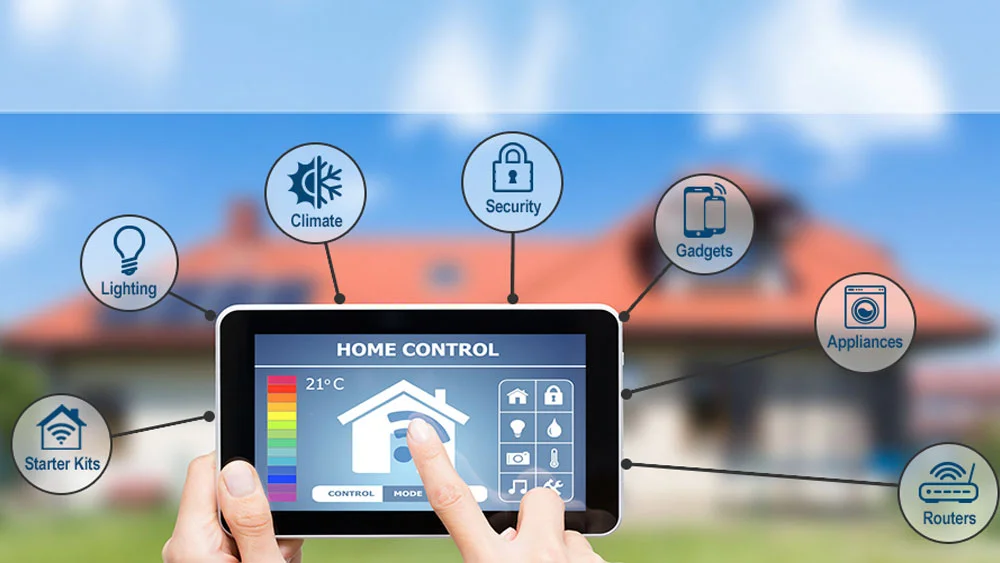
In today’s fast-paced world, technology continues to make significant strides, revolutionizing various aspects of our lives. One such revolutionary technology is home automation, offering a glimpse into the future of modern living. This article explores the exciting world of home automation, its benefits, components, future trends, and how it is poised to redefine the way we live.
Introduction to Home Automation
Definition of Home Automation
Home automation refers to the integration of smart devices and systems that allow homeowners to control and automate various aspects of their homes remotely. From lighting and temperature to security and entertainment, home automation streamlines daily tasks and enhances the overall living experience.
Evolution and Advancements in Home Automation
Home automation has come a long way from simple remote-controlled appliances. With advancements in technology, smart homes are now equipped with sophisticated devices that communicate with each other seamlessly.
The Benefits of Home Automation
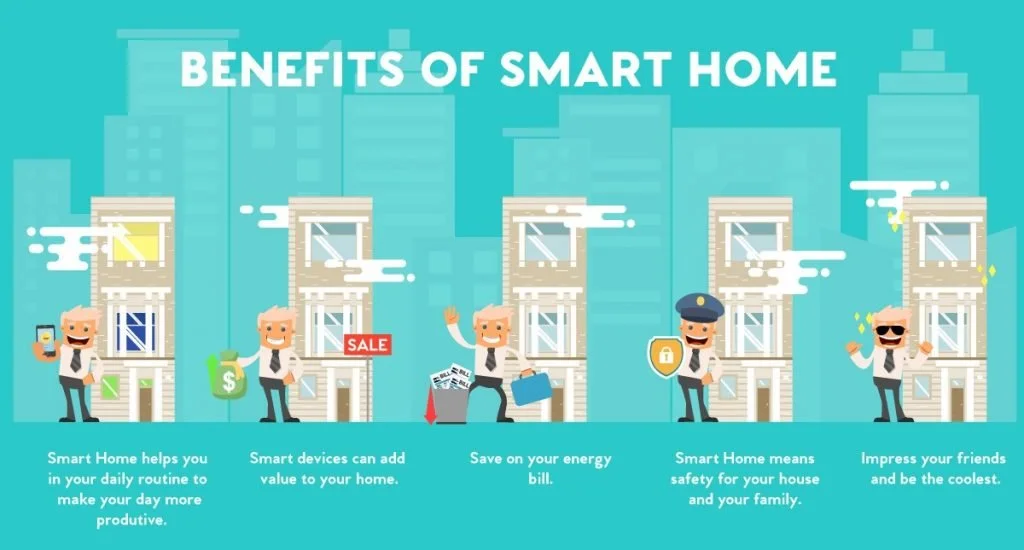
Convenience and Comfort
One of the primary advantages of home automation is the convenience it offers. Imagine controlling your home’s devices and systems with a few taps on your smartphone or using voice commands.
Energy Efficiency and Savings
Home automation optimizes energy usage by adjusting lighting, heating, and cooling based on occupancy and preferences. This leads to significant energy savings and reduced utility bills.
Enhanced Security and Safety
Smart security systems with real-time monitoring and alerts provide homeowners with peace of mind, ensuring the safety of their property and loved ones.
Improved Accessibility
Home automation promotes accessibility for people with disabilities and the elderly by providing easy-to-use, remote-controlled devices.
Components of a Smart Home
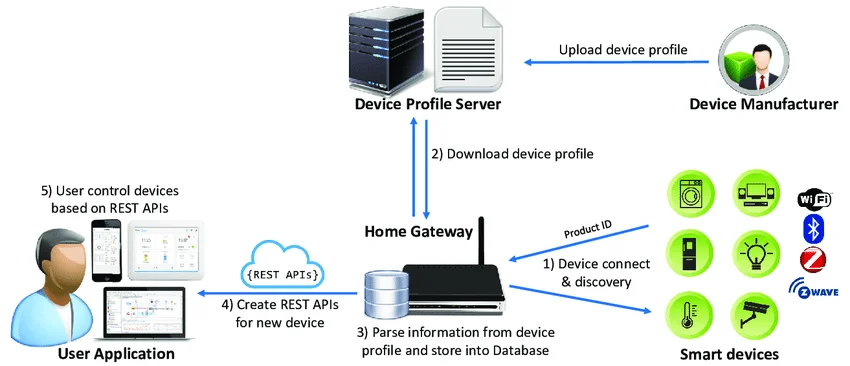
Smart Home Hubs
Smart home hubs serve as the central command center, connecting all smart devices and enabling seamless communication.
Smart Lighting Systems
Smart lighting allows users to customize lighting settings, set schedules, and create ambiance to suit different moods.
Smart Thermostats
Smart thermostats regulate indoor temperature efficiently by learning user preferences and adjusting settings accordingly.
Smart Security Systems
Smart security systems include features like motion detection, video surveillance, and remote access, ensuring a safe and protected home.
Smart Appliances
From smart refrigerators to washing machines, appliances with automation capabilities enhance functionality and convenience.
The Internet of Things (IoT) and Home Automation
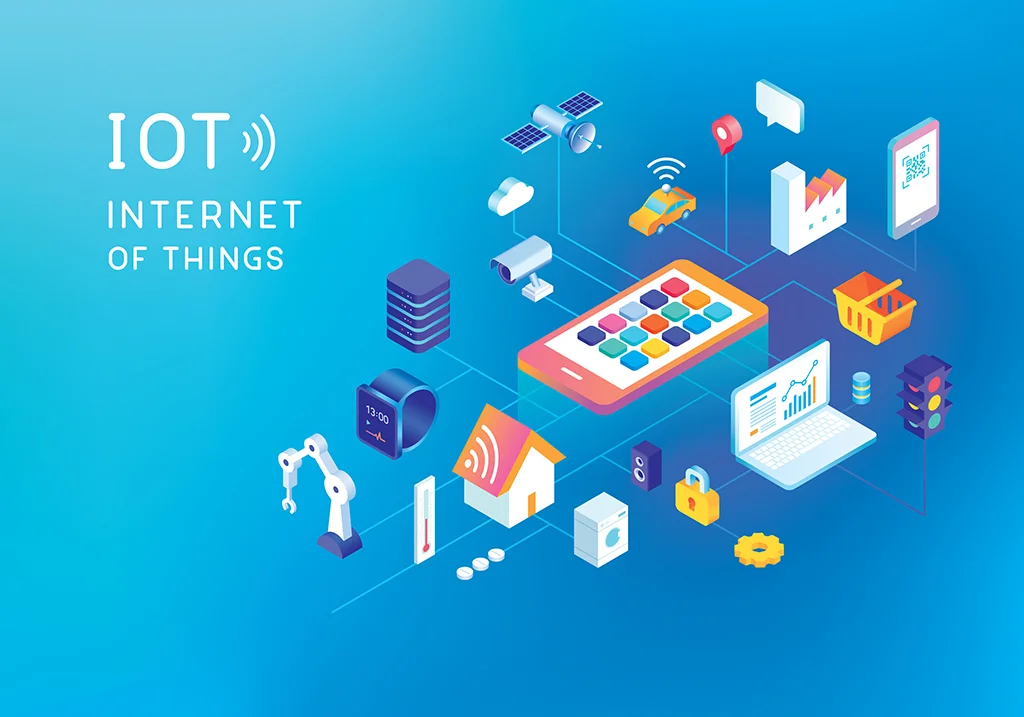
Understanding IoT in Home Automation
The Internet of Things (IoT) is the network that enables smart devices to connect, collect data, and communicate with each other.
IoT Integration and Interconnectivity
Home automation relies on IoT integration to create a unified smart home ecosystem, providing a seamless user experience.
Voice Control and Artificial Intelligence in Home Automation
The Rise of Voice Assistants
Voice assistants like Amazon Alexa and Google Assistant play a central role in controlling smart devices through voice commands.
AI-Powered Home Automation Systems
Artificial Intelligence (AI) enhances home automation by analyzing user behavior and preferences, making intelligent decisions for optimal comfort and efficiency.
Future Trends in Home Automation
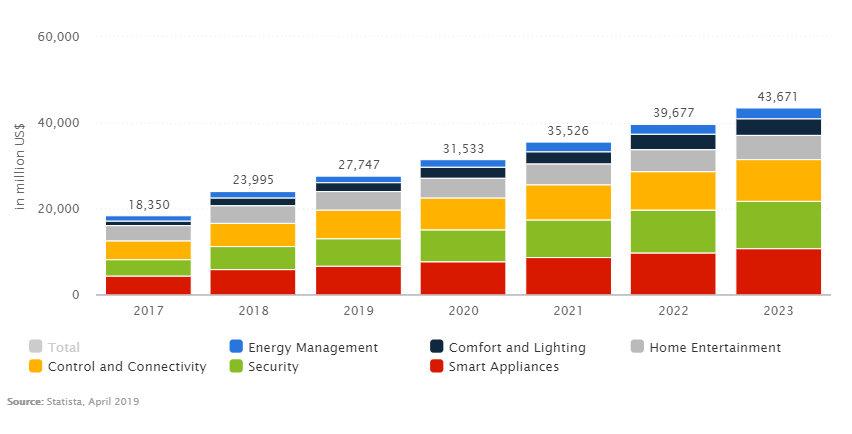
Integration with Smart Cities
Home automation is expected to be integrated with smart city initiatives, creating more sustainable and interconnected urban living spaces.
Augmented Reality and Home Automation
Augmented reality is anticipated to be utilized in home automation for immersive user experiences and virtual home simulations.
Sustainability and Green Home Automation
Home automation will play a vital role in sustainable living by optimizing energy consumption and reducing environmental impact.
Challenges and Considerations in Home Automation
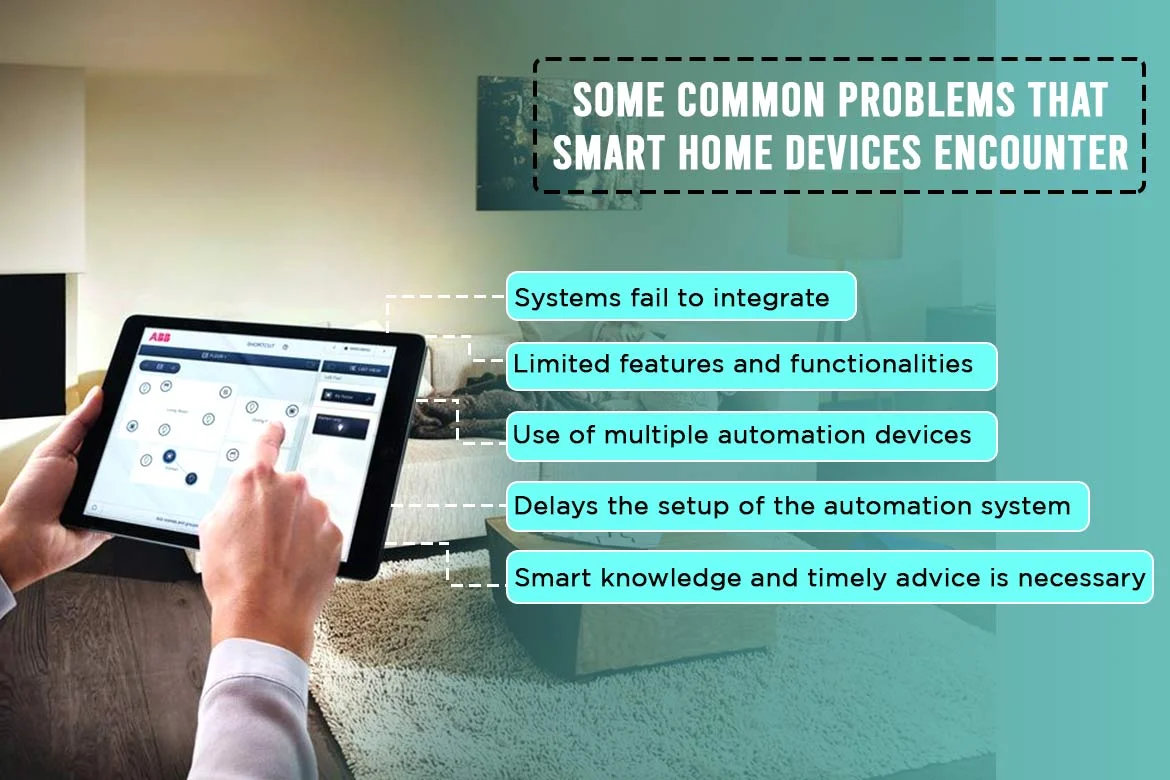
Privacy and Data Security
As home automation relies on data collection, ensuring user privacy and data security becomes paramount.
Interoperability of Smart Devices
The compatibility of smart devices from different manufacturers can pose challenges for seamless integration.
User Experience and Adoption
The success of home automation hinges on user-friendly interfaces and widespread adoption among consumers.
The Impact of Home Automation on Daily Life
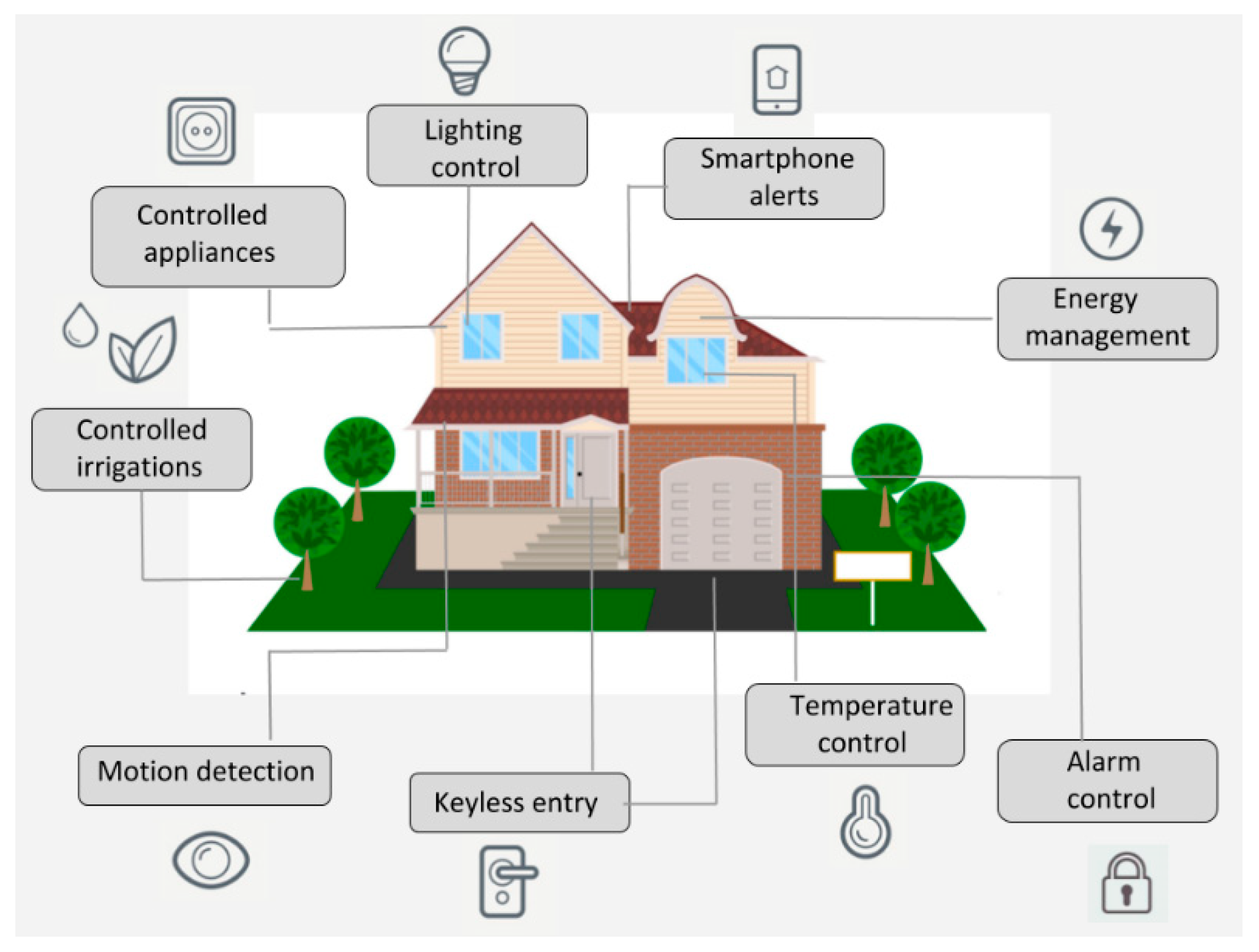
Transforming Household Chores
Home automation simplifies and automates everyday tasks, freeing up time for more meaningful activities.
Redefining Entertainment and Leisure
Smart home entertainment systems offer immersive experiences, creating new avenues for leisure and relaxation.
Smart Home Design and Aesthetics
Seamless Integration of Technology
Smart home design focuses on integrating technology seamlessly into the architecture and aesthetics of a home.
Smart Home Architecture and Interior Design
Architects and designers play a crucial role in incorporating smart home features during the planning and construction phases.
Embracing the Future: Preparing for Smart Homes
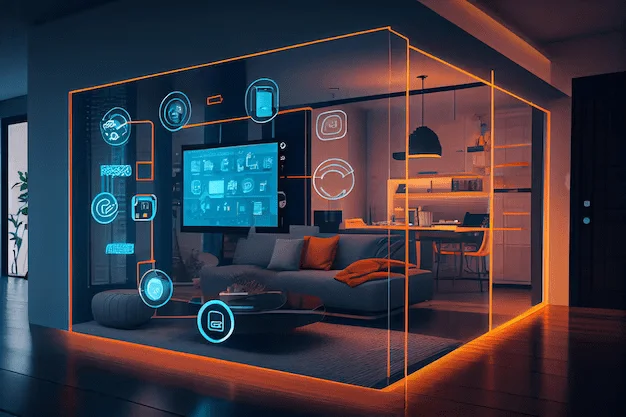
Tips for Getting Started with Home Automation
Beginners can start their smart home journey with simple and cost-effective devices, gradually expanding their ecosystem.
Planning and Budgeting for Smart Home Upgrades
Creating a comprehensive plan and budget is essential for a successful and efficient smart home transformation.
Conclusion
In conclusion, home automation is more than just a futuristic concept; it is a reality that is reshaping the way we live. The future of home automation holds exciting possibilities, from sustainable living to personalized experiences tailored to individual needs.
FAQs (Frequently Asked Questions)
- Is home automation suitable for older homes?
- Yes, home automation can be incorporated into older homes through retrofits and smart devices.
- Can I control my smart home when I am away?
- Yes, most smart devices offer remote access through dedicated apps or cloud services.
- Do smart home devices require an internet connection to function?
- Yes, an internet connection is essential for smart devices to communicate and perform remote tasks.
- How secure are smart home devices from hackers?
- Smart home manufacturers implement security measures, but users should also follow best practices for added protection.
- What is the future of home automation in real estate?
- Home automation

